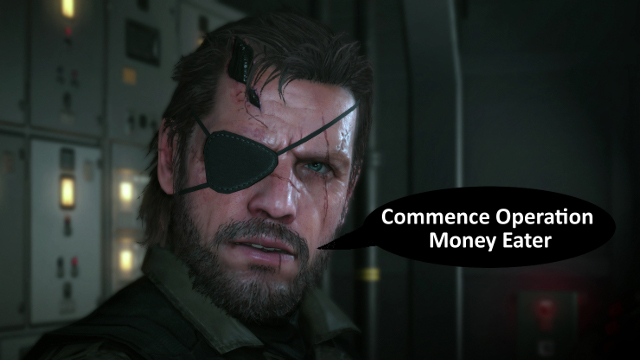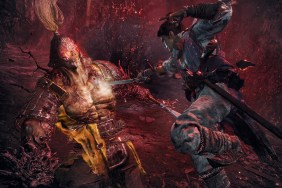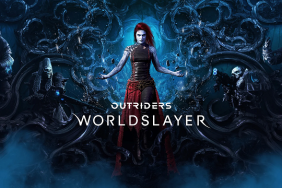The gaming industry is evolving at a rapid pace. It no longer resembles what it was 10 or even 5 years ago. In some cases this is a good thing, with games like The Last of Us and Grand Theft Auto V showing us what games on modern hardware are capable of. However, as publishers have gotten away with new methods of earning money, gamers have had to pay the price, literally.
Below, I'll go over the major methods that money-grubbing publishers employ to monetize their games.
Season Pass: An Industry Standard
The season pass is an interesting method for developers to make additional money from a game. In a way, it works as though consumers are investing in an expansion that is spread across several pieces of DLC over a period of time.
One of two problems with season passes is that in many cases the content provided doesn't warrant its high-sticker price, and that sticker price is continuing to go up. While season passes were usually priced around $20 a couple of years ago, Batman: Arkham Knight recently debuted with one priced at a whopping $40. Made worse, this package has been advertised in an aggressive manner, with it even being displayed on the game's main menu. You would think that its contents would have been defined early on, but it took more than a month for some of its offerings to be detailed. For $40, which is nearly the price of the original game, gamers are investing in a mystery package.
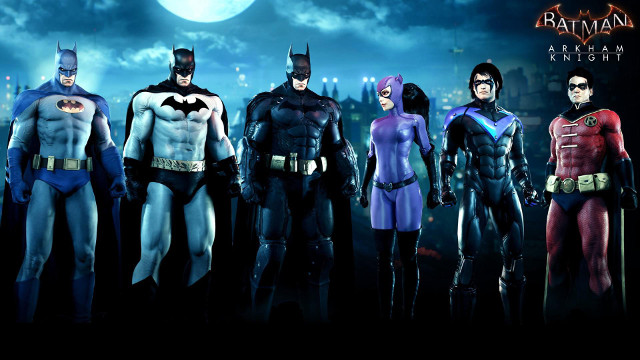
We recently learned that the first of its content is the introduction of Batgirl, a small piece of DLC that is priced at $7 for those without a season pass. Today, Warner Bros. revealed that 89 skins including a new Batmobile will be coming at a later date. Sadly, many early adopters were under the impression that the season pass would focus primarily on playable content, and it's just now becoming clear that the bulk of the content will be skins. Lesson learned.
Early Access: A New Evil
Early Access is something that MMORPG developers have been utilizing for many years to earn as many pre-orders as possible, in addition to softening server load at launch. However, it's now beginning to creep into games of other genres.
In just two months Forza Motorport 6 will debut. While it has an official release date of September 15th, those who purchase the $100 Ultimate Edition will be provided with five days of early access. So, instead of waiting until September 15th, the most hardcore of Forza fans can begin playing the game on September 10th. This isn't limited access, either. The entire game will be available for play, allowing those who pay the additional $40 a progression advantage.
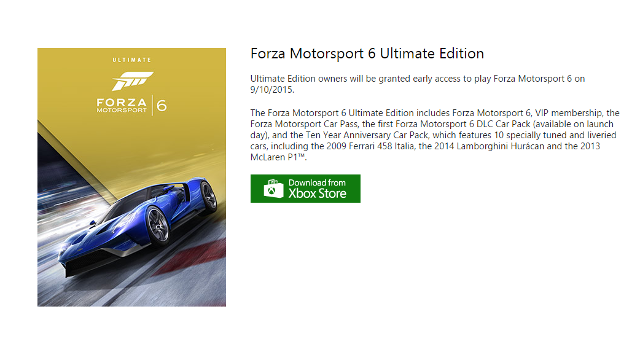
This raises the question: Was its original release date September 10th and were those who didn't cough up $100 just forced to wait a few extra days? Probably not, but with full access granted to Ultimate Edition owners, we know for certain that the game will be ready on September 10th. This significant upsell has been made attractive by forcing those who pay the standard MSRP of $60 to patiently wait.
Pre-Orders: Pushing Harder than Ever
For many of us who prefer to wait for games to drop in price before purchasing them, we're being increasingly punished for not pre-ordering. Evolve was a great example of this, as it provided an extra monster character with pre-order. This monster was a substantial component of the game given its low quantity of playable monsters. Truthfully, it felt like it was ripped right out of the base game to be made an enticing pre-order item.
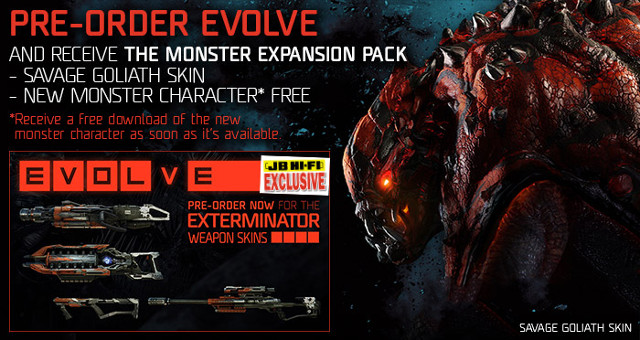
Mortal Kombat X did something similar by including Goro. As with Evolve's Savage Goliath monster, Goro was already on the $60 game disk, but only provided to those who either had a pre-order code or paid the $5 DLC price. In other words, publishers will go to great lengths to ensure that consumers are paying the full price of the game, if not more.
DLC: It's Only Getting Worse
Downloadable content (DLC) has been frowned upon by gamers for many years. Unfortunately, enough consumers purchase DLC that virtually every game is supported by it in one way or another.
At first DLC was about introducing post-release content with a price tag. At this point, it's evolving into something villainous. Take for example Assassin's Creed Unity's plethora of treasure chests that request you to pay real money in order to open them. This style of post-purchase content is becoming a real eyesore in the gaming industry. Soon, Metal Gear Solid V: The Phantom Pain will provide players with a multitude of microtransaction options, including a way to quickly finish an upgrade or installment at Mother Base. This shortcut-style DLC is similar to Mortal Kombat X's Easy Fatalities, drawing inspiration from mobile games like Clash of Clans .
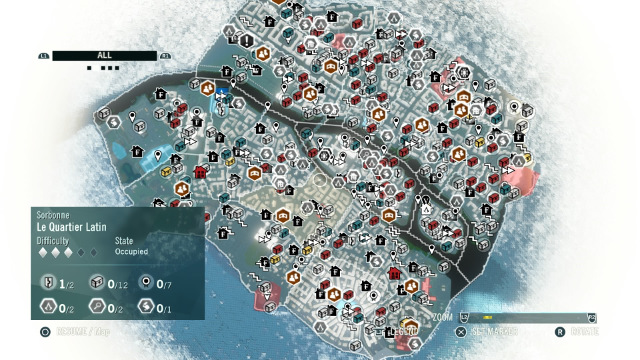
It wasn't long ago that games shipped complete with all content at $60. These days, it's considered normal to buy a game and feel pressured to spend additional money on the product mere minutes into the experience.
The Bottom Line
The truth is that development costs for games are higher than ever before. Video games aren't like films where you can invest $237 million into production like Avatar and expect to make make over $2 billion in return. As a result, publishers are trying more than ever to make great games that are sullied by dirty tactics to get consumers to invest as much money as possible before they shelf the game.
This trend is only getting started. Soon, Metal Gear Solid V: The Phantom Pain will debut with some of the most invasive DLC you've ever seen. If you're as tired of it as I am, consider boycotting pre-orders and DLC. It's the only way to stop it.
